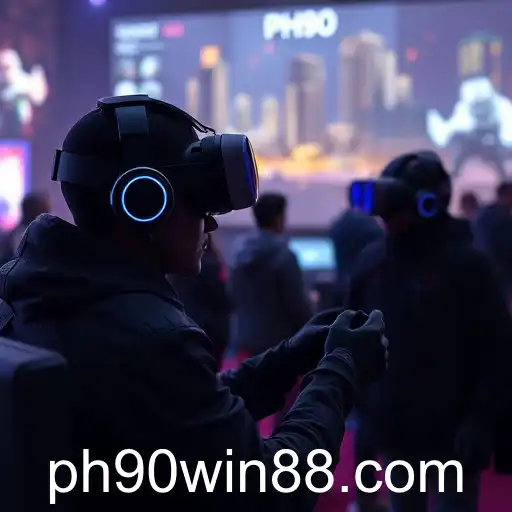
As we step into the middle of the decade, the gaming world is undergoing a transformative change, influenced by cutting-edge technologies such as artificial intelligence (AI), virtual reality (VR), and blockchain. These innovations are not only reshaping how games are developed and played but are also influencing the business models and community interactions within the industry. With 'ph90' being a focal point for gaming enthusiasts, the discussions are rich and varied, covering everything from immersive gameplay experiences to the ethical implications of AI.
In recent years, AI has become a cornerstone of game development, offering personalized gaming experiences powered by algorithms that adapt to individual player strategies. This technology has enabled games to become more interactive and responsive, leading to improved engagement and satisfaction among players worldwide. Moreover, AI is being employed to create more realistic NPCs (non-player characters) and craft storylines that evolve based on player decisions, enhancing the overall narrative depth and replayability of games.
Simultaneously, the integration of virtual and augmented reality has opened up new dimensions for gamers, offering experiences that were once confined to the realm of science fiction. The ability to physically interact with game environments blurs the line between the virtual and the real, providing unparalleled levels of immersion. 'Ph90', in particular, has become synonymous with showcasing the latest VR advancements, enabling players to dive into expansive virtual worlds with ease and unprecedented realism.
Blockchain technology is also making waves across the gaming industry, primarily through the rise of play-to-earn models and digital ownership. These innovations allow players to have a tangible stake in the games they play. In-game assets, secured by blockchain, are creating new economic opportunities, allowing players to trade, sell, or hold onto unique digital goods. This trend is changing how gamers perceive value and ownership in digital ecosystems, paving the way for a more decentralized future.
The dynamic nature of these technologies suggests that the gaming landscape will continue to evolve rapidly. Industry commentators often debate the long-term implications of these advancements, with proponents highlighting the potential for enhanced creativity and innovation, while critics caution against privacy issues and the risk of digital addiction. Nonetheless, platforms like 'ph90' remain at the forefront of these discussions, providing a valuable space for both gamers and developers to explore these developments and shape the future of gaming.


